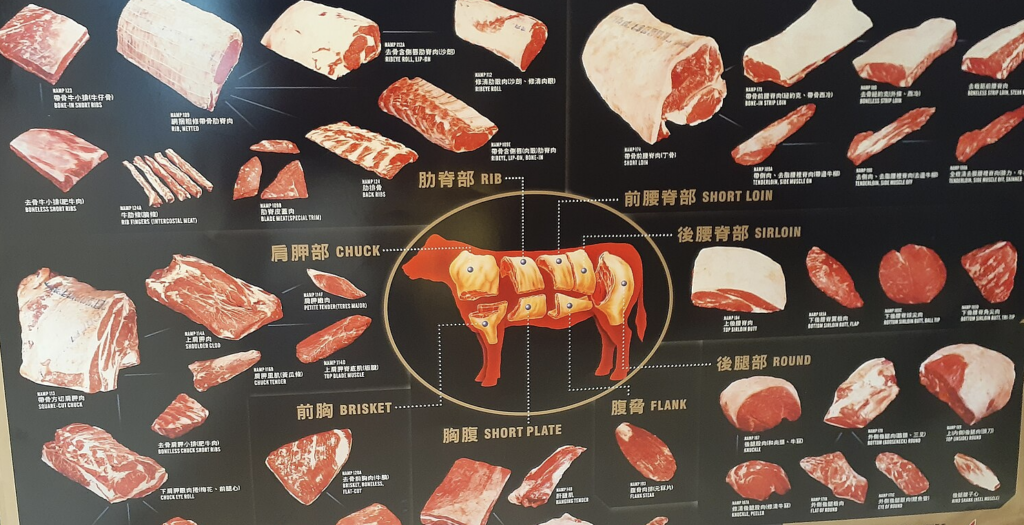Finance
Problems with progressivism and populism

Over time, ideologies can evolve in unforeseen ways. Consider the following four public policy developments:
1. The Biden administration has tried to forgive many student loans for college education.
2. Several California cities have imposed rent controls.
3. Florida recently banned laboratory-grown meat.
4. North Carolina is trying ban on wearing masks in public.
While the first two examples are often seen as progressive legislation and the other two as populist initiatives, they all have something in common. In any case, the legislation can be seen as a perversion of an earlier form of the ideology in question.
Let’s start with progressivism. In the beginning, this ideology was strongly motivated by shortcomings (real or imagined) in laissez-faire economics. Progressives feared that unbridled capitalism could lead to abusive monopolies and highly unequal income distribution. This led to policy initiatives such as regulation of the rates charged by utilities and redistribution programs such as the earned income tax credit.
Over time, however, progressivism became increasingly associated with the resourcesand not the purposes of the legislation. To be progressive thus meant to promote ‘regulation’ and ‘redistribution’, regardless of whether this achieved the movement’s original goals.
Clearly, the case for rent controls in markets with thousands of individual landlords is much weaker than the case for price controls when there is a single monopoly supplier of water or electricity. And it is equally clear that the argument for redistributing money from general taxpayers to college-educated Americans is much weaker than the argument for redistributing money to low-wage workers. But the progressive movement is dominated by younger Americans. This group consists largely of recent graduates who live in apartments in expensive coastal cities.
The recent wave of populism has been at least partly motivated by resentment of the perception that elites were forcing the public to make unwanted lifestyle changes (such as wearing masks during pandemics) and unpopular climate change initiatives (such as discouraging meat consumption). But over time, lifestyle issues gradually replaced the “freedom” aspect of populism. Opposition to mask mandates turned into simple opposition to masks. The resentment that elites tried to impose a certain lifestyle gave way to attempts to ban the unwanted lifestyle.
This is the natural evolution of populism. It begins as an attempt to free the public from oppression, and ends with the imposition of a new form of oppression once the populists come to power.
One could mention many more such examples. The college free speech movement of the 1960s was originally aimed at giving students the opportunity to express far-left political views. By the 2000s, the freedom aspect had been forgotten and college activists started trying to do that mandate that students express left-wing views.
Likewise, right-wing opposition to woke excesses began as an effort to allow more freedom of expression on campus, but has at least in some places evolved into an effort to ban certain left-wing ideologies.
The civil rights movement began as a crusade for a colorblind society. While the initial focus was on prohibiting discrimination against minorities, over time the emphasis shifted to mandating discrimination in favor of minorities. (These “reverse discrimination” policies may have had unintended side effects, such as making employers reluctant to hire workers they might not be able to fire at some point in the future.)
Feminism began as an attempt to prevent society from treating people differently because of their gender, but has evolved into an ideology that demands that people be treated differently because of their gender.
Why do ideologies continually lose their hold? I suspect the problem reflects the fact that very few people are committed to broad principles like freedom or utility maximization. Instead, they have “special interests” and use these different ideologies as a convenient cudgel to attack their opponents and achieve their actual policy goals.
P.S. Matt Yglesias has a very good post discussing some of the same issues.













